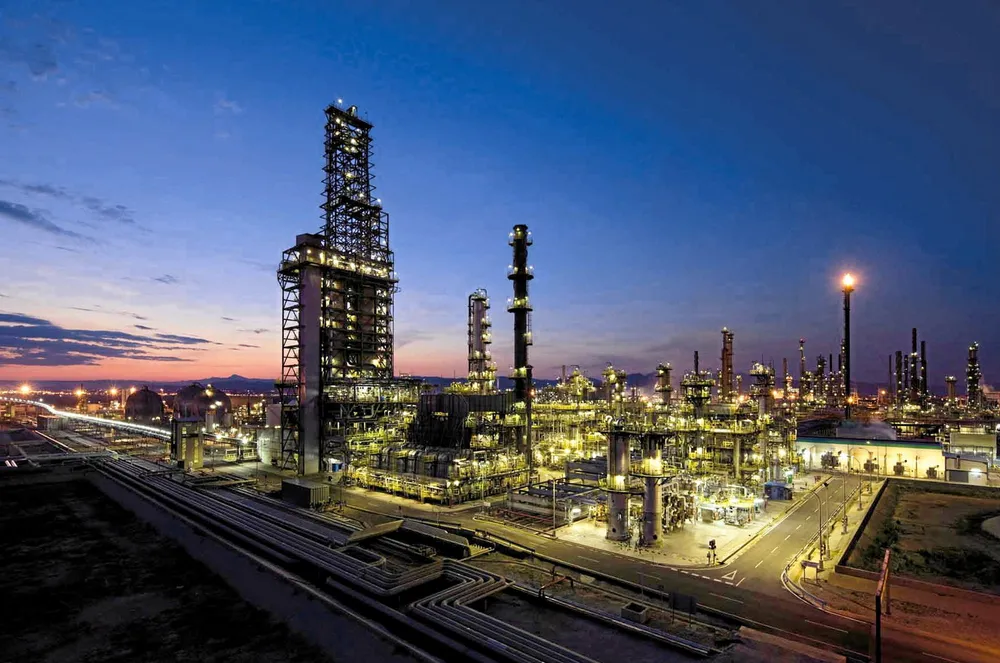'Pitiful' | Less than 10% of oil companies' investments in alternative fuels will go towards green hydrogen: report
Planned financing for biofuels is eight times higher than for renewable H2 — and will cause sustainability issues, says Brussels-based non-profit Transport & Environment
